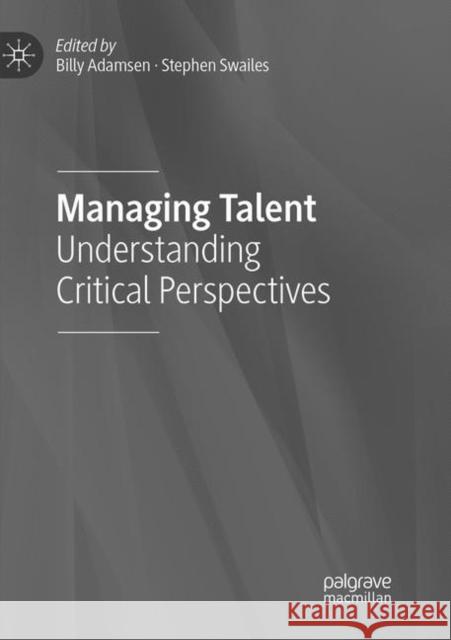Managing Talent: Understanding Critical Perspectives » książka
topmenu
Managing Talent: Understanding Critical Perspectives
ISBN-13: 9783030069919 / Angielski / Miękka / 2019 / 218 str.
Kategorie:
Kategorie BISAC:
Wydawca:
Palgrave MacMillan
Język:
Angielski
ISBN-13:
9783030069919
Rok wydania:
2019
Wydanie:
Softcover Repri
Ilość stron:
218
Waga:
0.30 kg
Wymiary:
21.01 x 14.81 x 1.32
Oprawa:
Miękka
Wolumenów:
01
Dodatkowe informacje:
Wydanie ilustrowane











